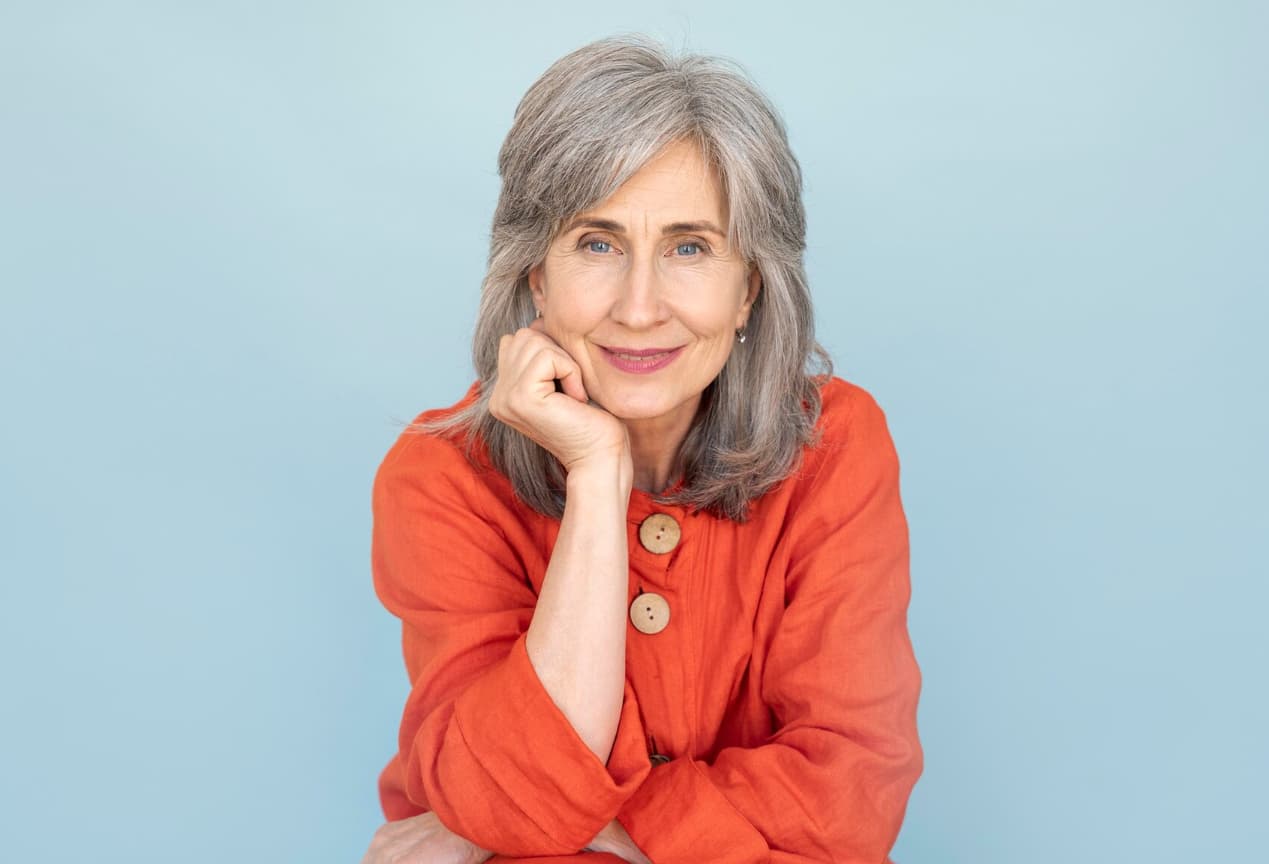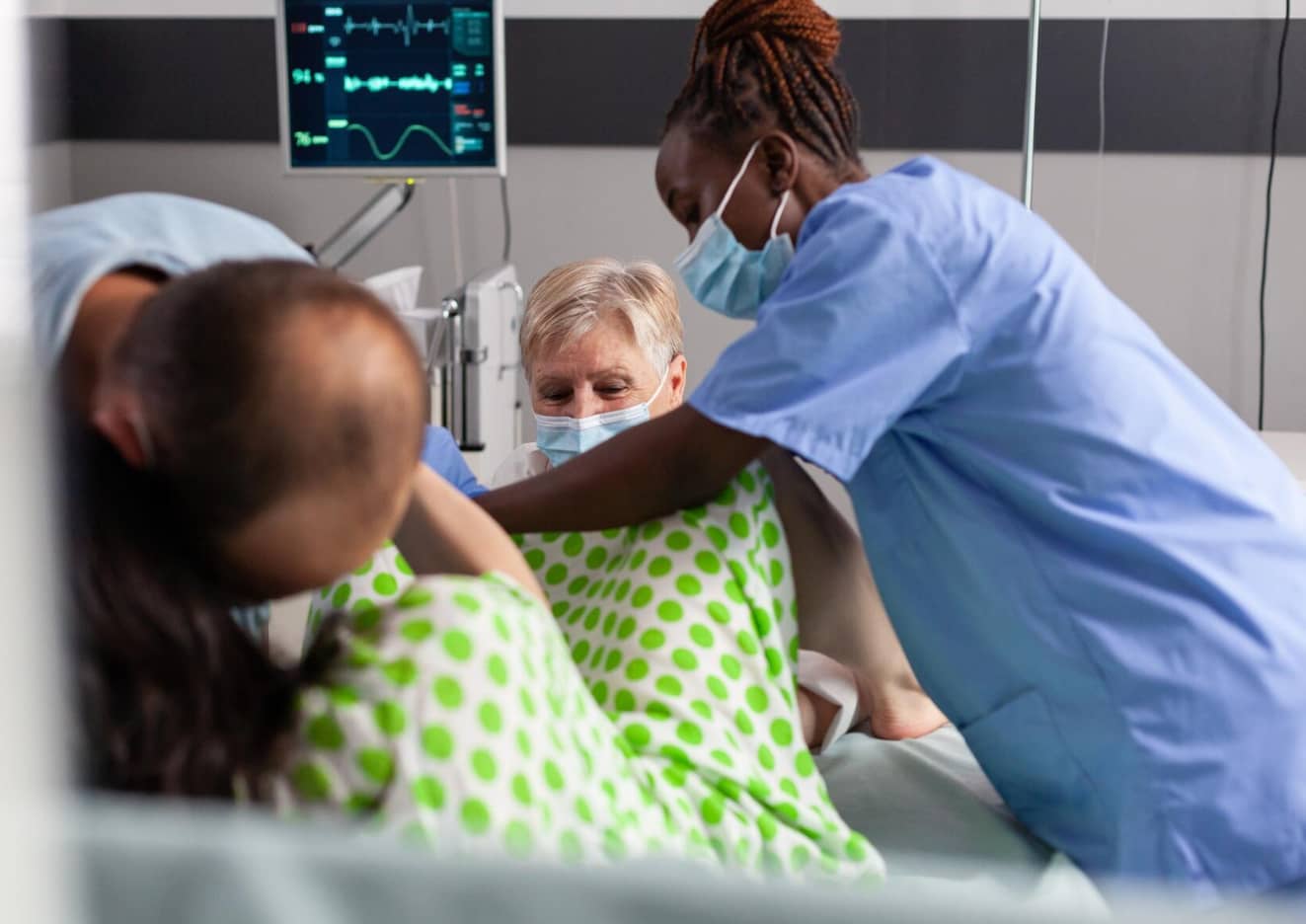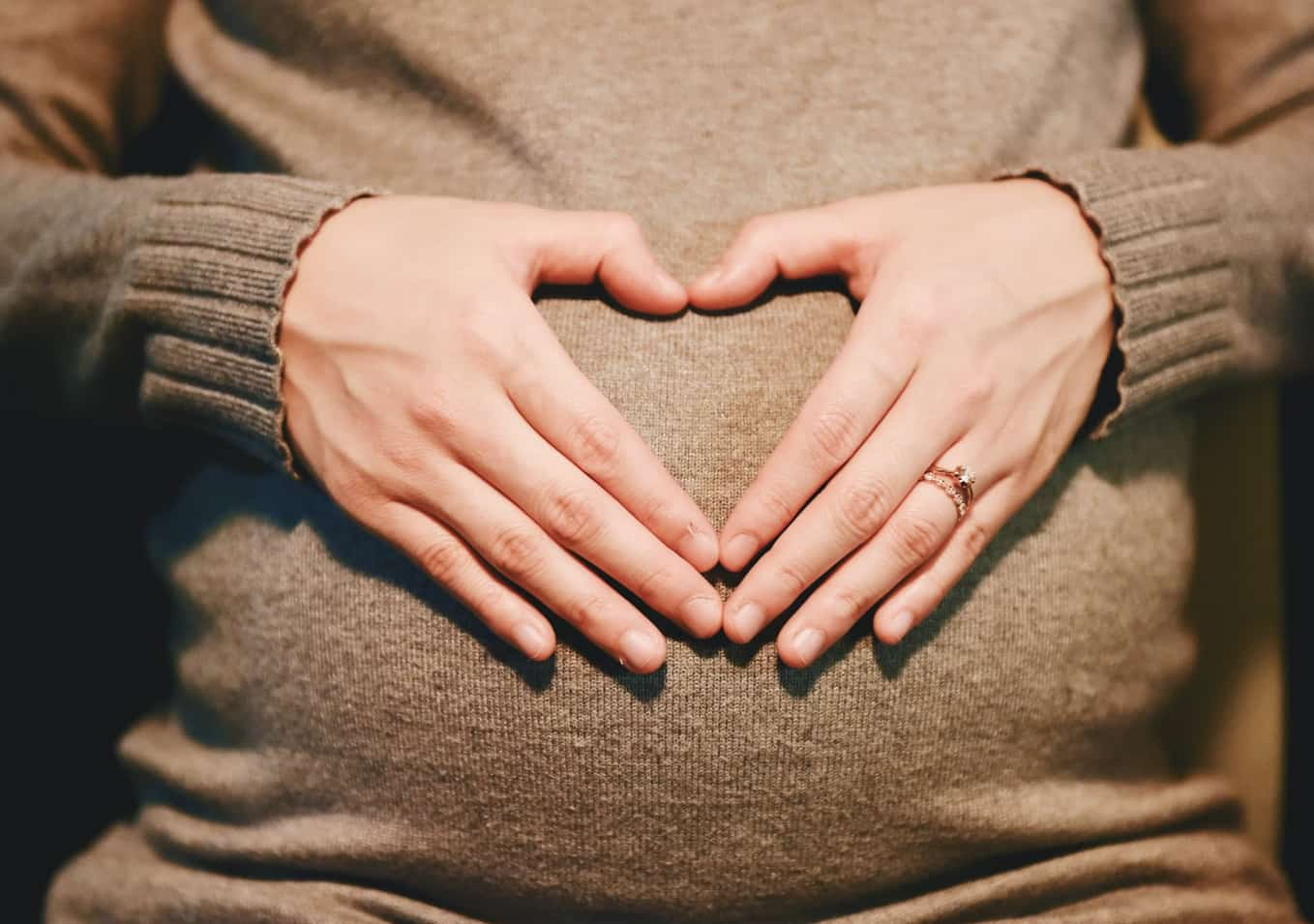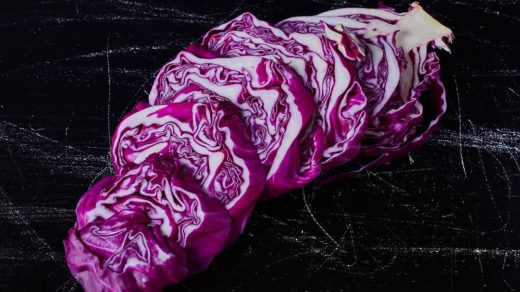Is it still possible to get pregnant and have a healthy baby in your 50s? The answer may surprise you! While fertility declines with age, modern medicine has made it feasible for some women to conceive and deliver a child later in life.
However, there are important factors to consider before embarking on this journey.
Let’s take an in-depth look at the advantages, drawbacks, and key things you need to know about pregnancy after 50.
Pros and Cons of Pregnancy After Age 50

In the past, having a baby after a certain age was considered very risky or even impossible. But times are changing! With celebrities giving birth in their mid-40s and beyond, more women are wondering if pregnancy is an option for them too, even into their 50s.
While it’s not very common, about 1 in 10,000 births in the U.S. are to mothers over age 50. The vast majority of these are through in vitro fertilization (IVF) using donor eggs, since women’s egg supply and quality declines significantly with age.
By menopause, which happens around age 51 on average, natural conception is no longer possible.
Although it’s more difficult and complex, having a baby after 50 can be done with the help of reproductive technology and special medical care. However, it’s a big decision with potential benefits and risks to consider for both mother and child.
Whether you’re seriously considering building your family at this stage of life or simply curious about your options, read on to learn more!
How To Get Started to Get Pregnant After 50?
If you’re hoping to get pregnant after 50, the first step is to consult with a fertility specialist—ideally as soon as possible if you’ve been trying to conceive without success for 6 months.
(Though if you already know you’ll need help, like if you’re no longer getting periods, it’s fine to make an appointment right away).
The specialist will likely recommend the following:
-
Evaluations and tests
- Ultrasounds and bloodwork to check your ovarian reserve and function
- Tests to look for any issues with your uterus or fallopian tubes
- Semen analysis for your partner
-
Counseling on options
- If no major problems are found, age-related infertility is the most likely cause. Your specialist will discuss possibilities like IVF with donor eggs.
-
Thorough health screenings
- You’ll need a full workup to make sure your body can safely carry a pregnancy. This includes reviewing your medical history and testing for conditions like anemia, high blood pressure, diabetes, etc.
- You’ll also have an ultrasound to examine your uterus.
-
Mental health assessment
- It’s important to explore the psychological impact of using donor eggs. You and your partner, if you have one, will discuss your feelings and make sure you’re fully prepared.
-
Preparing your body for pregnancy
- Once you’re medically and emotionally cleared, you’ll take estrogen and progesterone to get your uterine lining ready for an embryo.
- After a fertilized donor egg is transferred into your uterus, you’ll continue the hormones until around week 10 of pregnancy.
One woman who gave birth at age 51 described the preparation process this way:
“Dr. Janet Choi came out to explain the procedure to me. I would be put under very briefly, and she would examine my uterus with a camera to see if any obvious deformities would prevent me from having at least a chance to carry a baby to term. I was wheeled into a small procedure room and put under. In what seemed like ten seconds, I woke up in the post-op area, and a nurse called Dr. Choi in. She told me, “Your uterus is fine; it’s a perfectly structurally sound cavity” (i).”
With thorough screening, counseling, and hormonal support, many women in their 50s can achieve successful pregnancies and deliveries using donor eggs and IVF. But the experience comes with unique advantages and challenges.
Pros of Getting Pregnant After 50
While 50 may seem late for motherhood, there are some perks to waiting! Here are a few potential benefits:
-
Longer life expectancy for mom
- Women who have babies in their 50s tend to live longer than those who finish childbearing earlier, according to one study. Researchers think this might be because healthier women are more likely to conceive later in life, or because of the joy and sense of purpose children bring.
-
More financial security
- Moms in their 50s are more likely to be advanced in their careers and financially stable than younger mothers. One study found women’s earnings increase about 10% per year for every year they delay having children. Waiting also gives you more time to save for the considerable costs of raising kids.
-
Life experience and perspective
- By your 50s, you’ve had lots of time to learn about yourself and the world. Many older moms say they feel more patient, confident, and ready to focus on parenting than they would have in their 20s or 30s. You’ll have decades of wisdom to share with your child!
| Benefits of Having a Baby After 50 | |
|---|---|
| Longer maternal lifespan | Financial stability |
| Emotional maturity | Ability to prioritize parenting |
Of course, later-in-life motherhood isn’t right for everyone, and it does come with some additional risks and challenges to consider carefully.
Cons of Getting Pregnant At 50 Years Or After
While it’s possible to have a healthy pregnancy and baby in your 50s, there are some potential downsides:
-
Increased health risks
- Pregnancy after 50 carries a higher risk of complications like gestational diabetes, preeclampsia (dangerously high blood pressure), and cesarean delivery.
- Babies born to older moms are more likely to be premature, have low birth weight, or have chromosomal disorders like Down syndrome.
- However, using donor eggs from a younger woman reduces some of these risks.
-
Greater physical challenges
- Even a normal pregnancy takes a toll on the body, and that’s especially true as you get older. Fatigue, back pain, and other symptoms may be more intense.
- Keeping up with a baby and young child is also harder in your 50s and beyond, compared to your 20s and 30s. You’ll likely need lots of support from partners, family, and friends.
-
Expensive fertility treatments
- The vast majority of women over 50 who get pregnant use donor eggs and IVF, which is quite costly:
| Fertility treatment | Average cost per cycle |
|---|---|
| IVF with donor eggs | $25,000+ |
| IVF with own eggs | $12,000+ |
| IUI with injectable fertility medications | $1,500 – $4,000 |
- These expenses are often not covered by insurance, so paying out of pocket is a major barrier for many hopeful parents.
-
Retirement trade-offs
- Having a child in your 50s means you’ll be parenting into your 60s and 70s when many of your peers are enjoying an empty nest.
- It may be harder to travel, focus on hobbies, or pursue other retirement dreams while still financially and physically supporting your children.
- You’ll also need to consider the possibility that you may not be around for all of your child’s adult life. Setting up guardianship, financial plans, and emotional support systems is crucial.
The path to parenthood is different for everyone. Ultimately, only you can decide if the joys of having a baby later in life will outweigh the challenges for your family.
FAQs on Pregnancy After Age 50:
What are the chances of getting pregnant at 50?
- Unfortunately, the odds of conceiving naturally after 50 are extremely low, less than 1%. By age 50, most women have entered menopause and stopped ovulating and menstruating.
- Even with fertility treatments using your eggs, success rates decline steeply after age 45, to less than 5% per cycle. Using donor eggs from a younger woman is the most effective option.
What is the oldest age a woman can get pregnant naturally?
- While there’s no absolute cut-off age, the chances of natural conception are very low after age 45 and nearly impossible after 50, when most women have gone through menopause. The oldest verified mother to conceive spontaneously was 59. After menopause, pregnancy can only be achieved with donor eggs.
Can I get pregnant at 50 with no period?
- No, if you have stopped getting your period entirely for a year or longer, it means you have reached menopause and your ovaries are no longer releasing eggs. At this stage, getting pregnant without using a donor egg is not possible.
Do I need contraception at 50?
- Most women can safely stop using contraception after age 55 if they have reached menopause (gone a full year with no period).
- However, if you don’t want to become pregnant, it’s best to use birth control until you reach menopause since it’s still possible to ovulate as you transition through perimenopause in your 40s and early 50s.
Key Pointers on Pregnancy After Age 50:
- Pregnancy after 50 is rare but possible with the help of IVF and donor eggs. The odds of conceiving naturally are less than 1% due to declining egg quantity and quality.
- Women who get pregnant in their 50s need extra health screening and monitoring to minimize the increased risks of pregnancy complications, birth defects, and cesarean delivery.
- Using eggs from a younger donor can reduce some risks and is much more effective than IVF with your eggs after 45.
- Benefits of having children later in life may include greater longevity for moms, financial stability, and emotional readiness for parenting. Drawbacks may include health problems, lower energy, and high costs.
- If you want to conceive after 50, consult a fertility specialist as soon as possible to discuss your options. Make sure to think through the potential physical, emotional, and financial impacts.
Conclusion:
Ultimately, the decision to pursue pregnancy after 50 is highly personal and depends on your unique circumstances. While it comes with challenges, an older mother can deliver a healthy baby and enjoy this special stage of life.
The keys are being fully informed, working with expert health providers, and building a strong support system.
Remember, there’s no one right path to parenthood—the most important thing is thoughtfully considering what’s right for you and your family.
With proper preparation and care, you may still be able to experience the unparalleled joys of pregnancy and motherhood in your 50s and beyond.
References
- https://fertility.womenandinfants.org/services/women/diminished-ovarian-reserve
- https://www.reproductivefacts.org/news-and-publications/patient-fact-sheets-and-booklets/documents/fact-sheets-and-info-booklets/age-and-fertility/
- https://my.clevelandclinic.org/health/treatments/22457-ivf
- https://my.clevelandclinic.org/health/diseases/22438-advanced-maternal-age
- https://www.betterhealth.vic.gov.au/health/conditionsandtreatments/age-and-fertility
- https://www.acog.org/womens-health/faqs/having-a-baby-after-age-35-how-aging-affects-fertility-and-pregnancy
- https://www.ncbi.nlm.nih.gov/pmc/articles/PMC2788687/
- https://uscfertility.org/egg-freezing/who-should-consider-egg-freezing/
- https://www.cdc.gov/reproductivehealth/contraception/mmwr/spr/stop_using_contraceptives.html
More Pregnancy Guides:



